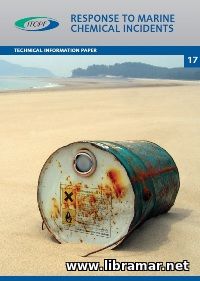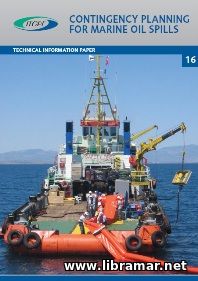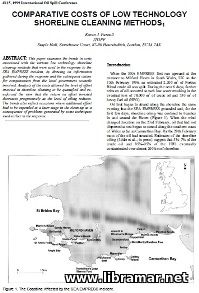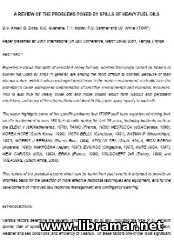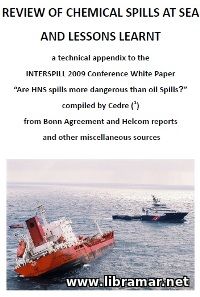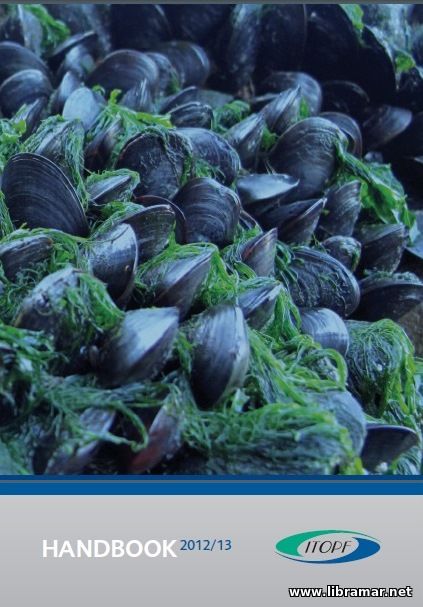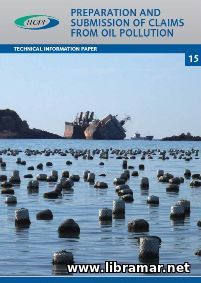
The shipboard oil spills commonly cause quite serious financial losses for a wide variety of different organizations as well as individuals. Despite all efforts of the people concerned, the outcome of the clean-up operations are usually costly and protracted. The spilt oil may eventually arrive on a shoreline and this will cause damage to the property and also lead to economic losses, especially affect tourism and fishing industries.
The persons and companies placed at any financial disadvantages are eligible for compensation. The present document was released to provide industry with the guidance on the info that shall be recorded as well as any other sort of evidence supporting claims. It also outlines the process of preparing and submitting claims. The content should be primarily applicable to the marine oil spills, but some of the points will be equally relevant to other spills.
The payment of such compensations will depend on the legal regime within particular country. The country may be signatory to one or more compensation regimes; these international compensation regimes are normally designed to facilitate payment. If the country is not signatory then the compensation will be determined by the national law.
